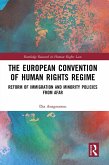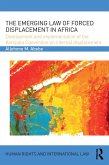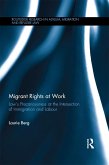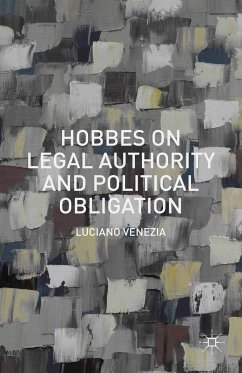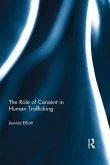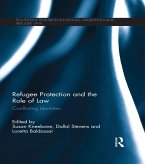International student migration makes a significant contribution to higher education in the United Kingdom, with Southern Africa, and Nigeria in particular, positioned joint sixth in the top ten of sending countries. Many of these student-migrants, in supplementing their finances to fund their studies in the United Kingdom, undertake employment. Temporary and/or part-time employment is integral to the student-migrant experience, despite the express purpose of their admission into the United Kingdom designated for study purposes and not work. This explicit object is reflected in restrictions affixed to international students' employment rights whilst studying; they are generally restricted to a maximum of 20 hours of work per week during term time and proscribed from working full time or as independent contractors. Given the scant regard this topic has received in the existing literature, this study offers an examination of students' lived employment experiences under these rules. Adopting a qualitative methodology through interviews and ethnographic observations with cohorts of international student workers from sub-Saharan Africa, the study presents a holistic picture of the lived experiences, through employment practices, of this group of student-migrant-workers. The study aims to offer contributions to the existing body of literature in two principal ways. First, it accounts for the employment experiences of student-migrants through the analytical framework of 'precarity' by examining the various manifestations of insecurity in the students' lived realities, nuanced by structures of migration control and labour market temporalities. The study highlights that these students are forced to contend with intersecting forms of insecurities in their labour market encounters. This reifies their dependence on certain forms of employment and relationships, and renders them increasingly susceptible to unfavourable work conditions including low pay, exploitation, discrimination and abuse. This aspect of the study is concluded by advancing an argument that higher education institutions, as the primary sponsors of these students, must do more to forearm them with candid insights on what to expect of the temporary employment market and furnish them with a comprehensive knowledge of their accruable employment rights.
For the second contribution, adopting the socio-legal schema of legal consciousness, the study considers the student-migrants' relationship with the law by way of the legal restrictions on their employment and interrogates their agency in their efforts to derogate from these rules. These derogations are conceptualised as 'semi-legality', an analytical construct that marks an indeterminate halfway point between utter illegality and compliance, as it applies to labour. The study highlights that there are two discernible plots towards enabling semi-legal employment and evading detection thereof. The first involves the students undertaking work with different employers simultaneously; meanwhile, the second entails students contracting for work through the use of private limited companies as a trading structure. The study argues that the specifics of the student's violation of visa rules has profound distinctive implications for their legal consciousness' disposition and more so the manner in which they simultaneously resist and make recourse to the law and its institutions towards resolving workplace grievances.
For the second contribution, adopting the socio-legal schema of legal consciousness, the study considers the student-migrants' relationship with the law by way of the legal restrictions on their employment and interrogates their agency in their efforts to derogate from these rules. These derogations are conceptualised as 'semi-legality', an analytical construct that marks an indeterminate halfway point between utter illegality and compliance, as it applies to labour. The study highlights that there are two discernible plots towards enabling semi-legal employment and evading detection thereof. The first involves the students undertaking work with different employers simultaneously; meanwhile, the second entails students contracting for work through the use of private limited companies as a trading structure. The study argues that the specifics of the student's violation of visa rules has profound distinctive implications for their legal consciousness' disposition and more so the manner in which they simultaneously resist and make recourse to the law and its institutions towards resolving workplace grievances.
Dieser Download kann aus rechtlichen Gründen nur mit Rechnungsadresse in A, D ausgeliefert werden.




